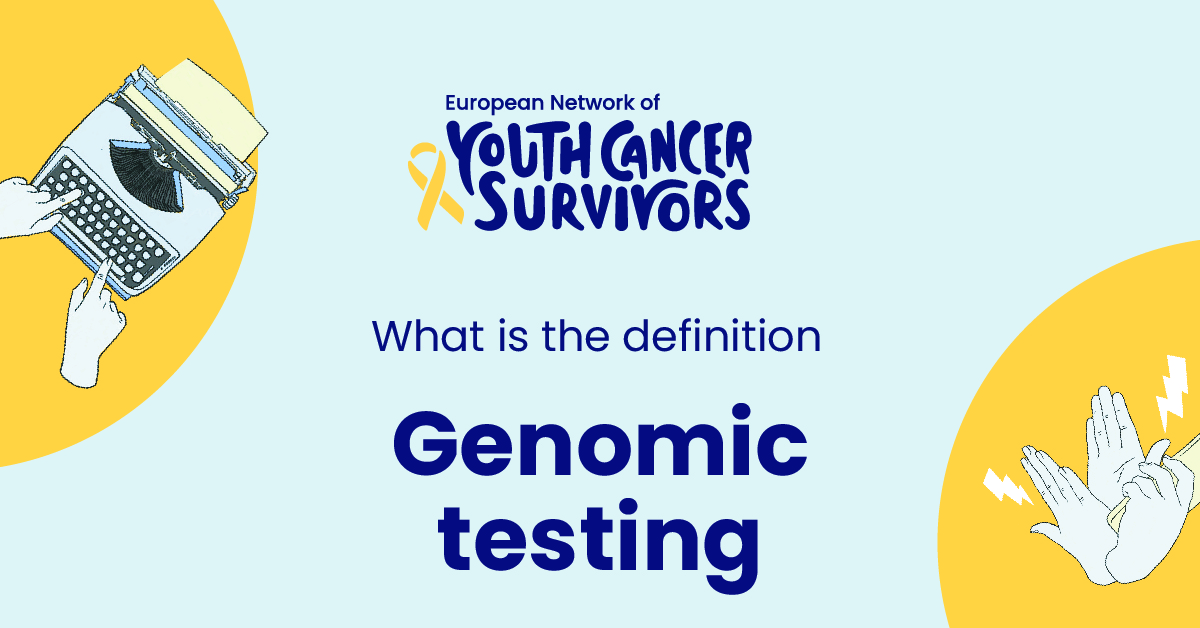
The surge in technological advancements and knowledge in the field of genetics has led to an increase in genomic testing. Yet, many people are still unaware of its significance in healthcare and disease management. This article will shed light on genomic testing, its need, types, importance, and concerns associated with it. Moreover, we will take a glance at its future prospects.
Brief about the Increase in Genomic Testing
Genomic testing has significantly increased over the past few years. The introduction of new technologies, discoveries, and increasing public awareness are some factors responsible for this surge. Genomic testing provides in-depth information about our genetic makeup and can predict disease risks, which is another reason for its increasing popularity.
Why there is a Need for Genomic Testing
Every individual has a unique set of genes that can predispose them to certain diseases. Genomic testing helps in identifying these gene variants. It aids in understanding and predicting disease risks, tailoring personalized treatment plans, and preventing disease onset in high-risk individuals.
Definition and Explanation of Genomic Testing
What is Genomic Testing?
Genomic testing, also known as genetic testing, is a type of medical test that identifies changes or alterations in genes that may lead to illness or disease. It’s a way of understanding an individual’s genetic makeup or genome.
How Genomic Testing Works
Genomic testing uses various laboratory techniques to examine our genes or specific parts of our genes. It analyzes DNA sequences to identify genetic differences or mutations that might be associated with a disease or disorder.
The Role of DNA in Genomic Testing
DNA, or Deoxyribonucleic acid, serves as a blueprint for genetic information. It is the key player in genomic testing as it contains genes which carry the instructions for different proteins that determine our physical traits and influence our health. Any changes in these genes can cause diseases, which genomic testing helps identify.
Types of Genomic Tests
Single-Gene Testing
Single-gene testing is used to assess a particular gene for specific mutations or variations known to cause a disease. It’s primarily used when a person has a family history of a certain genetic disease, such as cystic fibrosis or Huntington’s disease.
Chromosomal Testing
Chromosomal testing analyzes whole chromosomes to identify large genetic changes, such as an extra copy of a chromosome. This type of testing can help detect conditions like Down syndrome or Turner syndrome.
Multifactorial Testing
Multifactorial testing is performed to identify genetic variations associated with diseases that involve more than one gene or environmental factors, like heart disease or diabetes. This type of testing plays a significant role in personalized medicine.
The Importance of Genomic Testing
Personalized Medicine
Genomic testing laid the foundation for personalized medicine by providing insights into how a person’s genes can influence their response to treatment. It allows doctors to tailor treatments based on an individual’s genetic makeup, improving the effectiveness of therapy while reducing side effects.
Predictive Testing
Genomic testing provides predictive information about whether a person has an increased risk of developing certain diseases. These insights empower individuals and healthcare providers with the knowledge needed to implement preventative measures, enhancing health outcomes.
Diagnostic Testing
Genomic testing can detect genetic abnormalities that lead to diseases, enabling early diagnosis and timely intervention. This is crucial for illnesses where early detection can significantly impact the disease course and survival rates, such as certain cancers.
Risks and Concerns Associated with Genomic Testing
Ethical Issues
Genomic testing raises numerous ethical questions, including issues related to informed consent, disclosure of test results, and potential misuse of genetic information for discrimination or stigmatization. Balancing the benefits of genomic testing with these ethical considerations is a fundamental challenge facing the field.
The Accuracy of Genomic Tests
While genomic tests generally provide accurate results, there can be false positives or negatives. Often, the test results may be ambiguous with uncertain clinical significance, creating confusion and anxiety for patients.
Data Privacy and Security Concerns
Genomic data are both personal and sensitive. Ensuring the privacy and security of the data is crucial to protect individuals from potential misuse or discrimination based on their genetic information. Genomic testing providers need to implement stringent data protection measures.
Get to know us better
If you are reading this, you are in the right place – we do not care who you are and what you do, press the button and follow discussions live

The Future of Genomic Testing
Advancements in Technology
With continuous advancements in technology, genomic testing is becoming more efficient, affordable, and accessible. Innovative technologies like next-generation sequencing and bioinformatics tools are promising a greater ability to interpret and apply genomic data.
The Increasing Popularity and Accessibility
As awareness about the potential of genomic testing increases, its demand is surging. Genomic tests that previously required specialized medical facilities are now available in the form of direct-to-consumer tests, making it more accessible to the public.
Integration in the Healthcare System
Genomic testing is increasingly being integrated into healthcare systems for disease management, risk prediction, and personalized treatment. As healthcare moves towards a more personalized approach, the role of genomic testing is likely to grow significantly.
Conclusion
Reinstate the Importance of Genomic Testing
Genomic testing is a powerful tool in modern medicine. It allows for personalized treatment, early disease detection, and risk prediction, making it a valuable resource for managing health.
Future Prospects
The future of genomic testing looks promising. With continued advancements and growing acceptability, it has the potential to revolutionize healthcare, creating an era of personalized and precision medicine.
FAQ (Frequently Asked Questions)
- What does a genomic test reveal about a person’s health?
A genomic test reveals genetic variations and mutations that may increase your risk of certain diseases. It can also provide insights into how you might respond to certain medications.
- How is genomic testing used in personalized medicine?
Genomic testing is used to analyze an individual’s genetic makeup, which helps doctors tailor treatments specifically for the patient. It can inform doctors about a patient’s potential response to certain medications, enabling them to optimize treatments.
- Is genomic testing accurate?
Genomic testing is generally accurate, but it can occasionally produce false positive or false negative results. More research and standardization are required to increase the accuracy and interpretability of genomic testing results.
- What are the ethical concerns surrounding genomic testing?
Ethical concerns around genomic testing include issues about informed consent, disclosure of test results, and the potential misuse of genetic information. It’s crucial to address these concerns to ensure the ethical application of genomic testing.
- How does data privacy work in genomic testing?
Genomic test providers must adhere to strict regulations and standards to ensure the privacy and security of genetic data. This includes secure storage, encrypted transmission, and restricted access to data.

















Comments
Thank you. Comment sent for approval.
Something is wrong, try again later